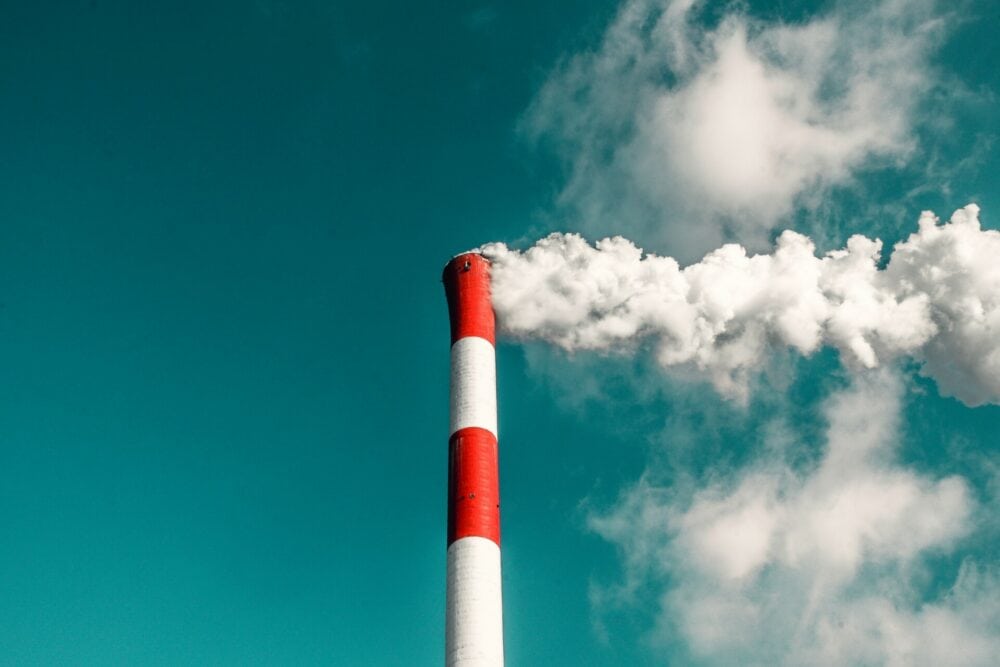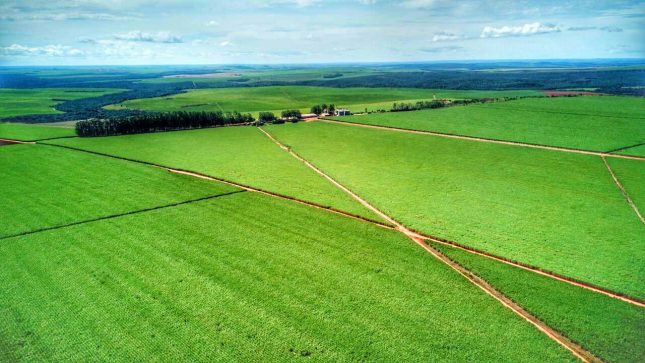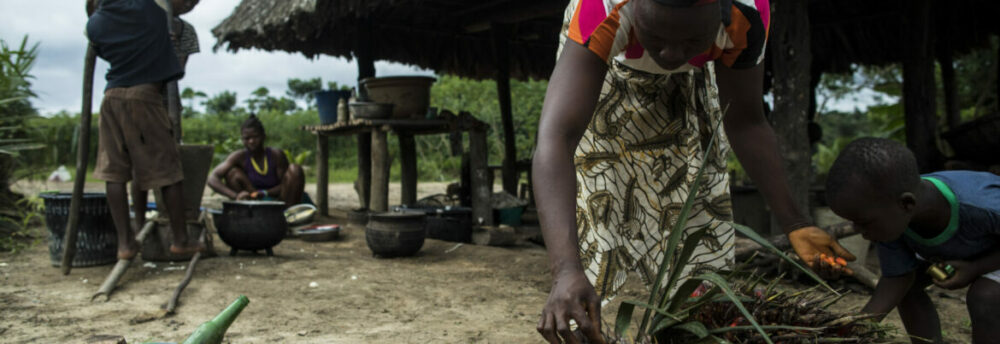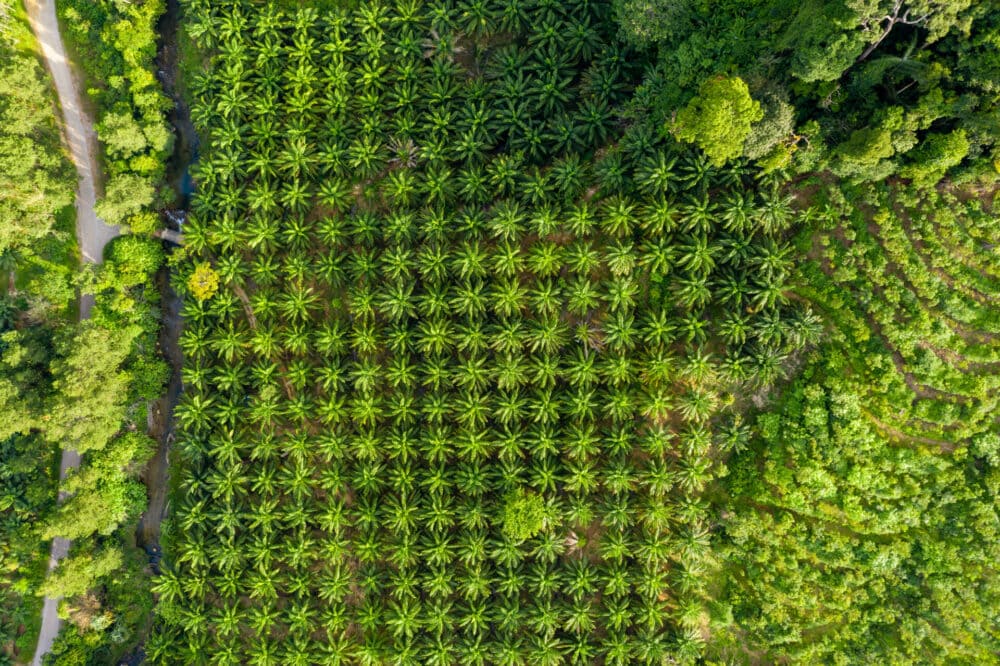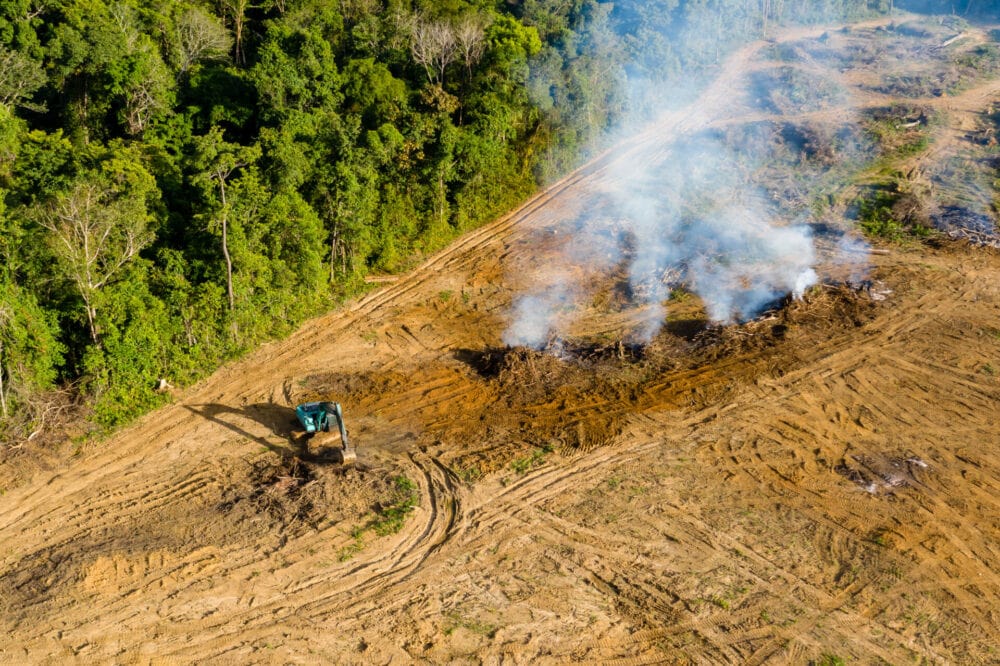
Our Forest Team is looking for a GIS intern (0.5-0.6 FTE)
We are hiring! We are looking for a GIS intern who can support AidEnvironment’s Deforestation-free Supply Chains team, including deforestation analysis, land use change analysis and database maintenance. The internship’s period will be from August until October 2024, and the maximum duration is 3 months. There is an option for a temporary paid position immediately following the internship, depending on […]
Read more
